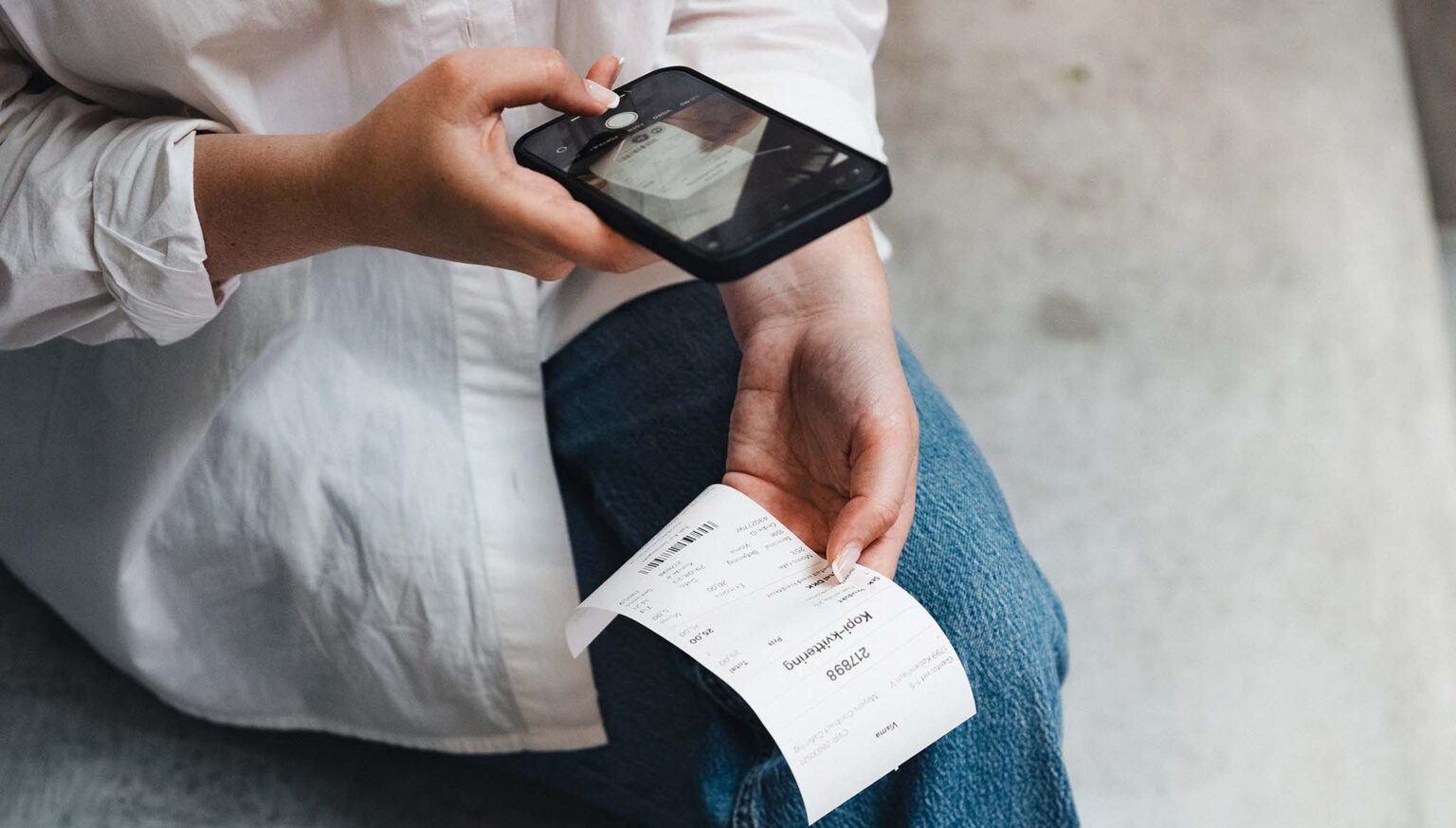By combining company credit cards and automation, Acubiz has eliminated the need for unnecessary verification of expenses that comply with legislation and native company policies.
The good old travel expense report that needs to be approved by the company after a successful business trip will soon be something of the past.
This applies not only to the traditional, manual settlement with Excel sheets and a stack of receipts from the trip to Munich. It also applies to the newer digital settlement with visual documentation in electronic format – often incorporating receipts photographed with a smartphone. The Danish fintech company Acubiz has, with the usage of credit card information and automation, brought the development to the next level, so that the approval of visual documentation in electronic format is often completely unnecessary.
Acubiz calls it ‘Fast Track‘ when expenses automatically can be posted for bookkeeping in real time, because they comply with all legal requirements as well as company expense policies.
“90 percent of our customers use Fast Track, which has become the new standard for us, while traditional travel expense reports with digital documentation already belongs to the past. However, Fast Track and the traditional travel expense report can still be combined whenever it makes sense to do so,” says Kim Pawrup, CSO at Acubiz.
Direct accounting
With Acubiz, receipts can be paid in two ways: the traditional employee disbursement in cash or with their own card or as a payment with a company credit card. The first option requires subsequent approval from the finance department. However, many companies put a petty amount on expenses, so that time is not spent on unnecessary verification. The second option is digital and can be automated in accordance with bookkeeping regulations, tax rules, and the company’s own policies.
“The digital trail tells you where the company card has been used, how much was spent, the currency used, and the time of the transaction. The information makes it possible to automate approval and bookkeeping because if you, in the app, confirm the information based on the electronic trail, many things can already be checked off. Of course, we can still set up the solution, so that you take a picture and attach the documentation manually. When the employee confirms a purchase that falls within the criteria for spending limits and purposes that the company itself has defined in the system, it is relevant to ask if more people need to look at that documentation. Instead, it can be posted directly in the company’s finance system, which is integrated with the solution. In some places, local legislation requires the original receipt to be stored, but most users of our solution can throw the receipt away once it is registered,” Kim Pawrup explains.
Many companies choose to spot check expenses by cost type. For example, ten percent of the automatically posted expenses are being randomly checked.
The electronic trail
While a receipt from an expense paid with cash may require visual verification for it to be approved, the checking of transactions from company credit cards can be done entirely digital. When the employee uses a company credit card, it is easy to detect transactions that violate the company’s travel policy or that might even be illegal. If the employee does not confirm the contents and purpose of the documentation, the app will request it as soon as the transaction has been completed.
An incorrectly categorized expense is caught when its documentation is matched to the electronic trail, which leads back to the place where the card was used. All places where you can use credit cards are registered with a branch code (the so-called MCC code) that identifies the type of merchant.
“We enter the process once the money is spent, but we can immediately see whether the money has been spent incorrectly and make the approver in the company aware of it in real time. The company can even set restrictions as to which MCC codes the card can be used for.”
Dynamic travel policy
The company can customize its Acubiz solution according to its own specific requirements. It can choose to have certain types of expenses posted automatically, while others still need approval. The company can also define specific rules for each of their employees.
“You can set up many different dependencies, and everything is about eliminating unnecessary waste of resources within the company. You can avoid having to spend time looking at things that are already given. The combination of company credit cards and automation strengthens bookkeeping and compliance, and the company’s travel policy becomes a dynamic tool for regulating behavior – and all of this happens in real time.”
About Acubiz
We specialize in the digital handling of travel expenses, expense reports, supplier invoices, mileage, allowance, time registration, etc. We were founded in 1997 and currently has customers in 43 countries. Acubiz is used by many types of organizations ranging from one-man business with a single user to large corporations with 15,000 users. We have agreements with all providers of company credit cards. Furthermore, Acubiz allows for automatic reimbursement of foreign VAT.

